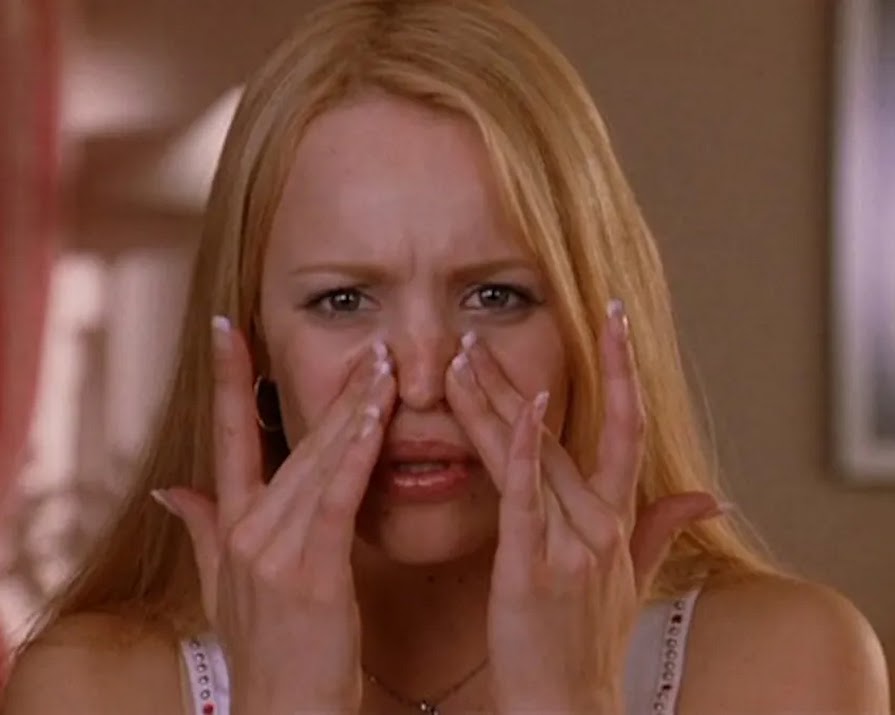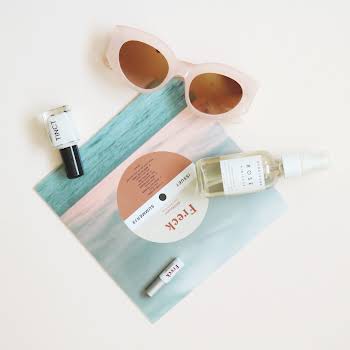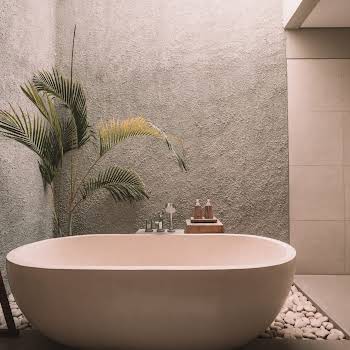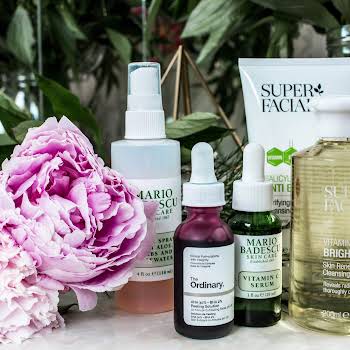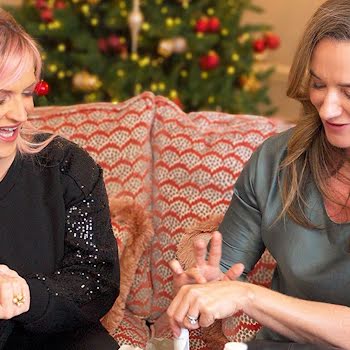By Holly O'Neill
09th Jul 2022
09th Jul 2022
The dermatologist guide to cleansing correctly, as apparently over half of us aren't washing our faces properly.
Do you remember, during lockdown, when too many famous people decided that instead of donating their money for PPE or ventilators, their time would be better spent donating five seconds to sing us all John Lennon’s Imagine? Then when that was justifiably slaughtered, they doubled down to teach us how to wash our hands? Well, it turns out their time might have actually been better spent teaching us how to cleanse our faces because according to recent surveys by Cerave, the Internet’s favourite affordable skincare brand, 55% of us are getting it wrong.
With extra time at home, we’re trying our best to improve our skincare routine habits, with 64% of us having changed our cleansing routines in the last year as a direct result of the pandemic. But that’s no use if you’re not doing it right in the first place. The Cerave surveys show that 55% of us tend to over or under-wash our faces, and 42% are using just water to cleanse.
“If we are not cleansing, we’re essentially allowing build-up on the skin which can open up a whole range of issues,” says consultant dermatologist, Dr. Alexis Granite. “Even if you don’t wear make-up, you still need to remove other products which your skin comes into contact with, from moisturizers to SPF, as well as daily pollutants, dirt, oils and sweat. Build-up of these toxins can result in everything from lack of luminosity to clogged pores, dry, irritated skin, breakouts and even acne. Without cleansing you’re not giving your skin a chance to renew itself. Cleansing also ensures a fresh canvas on which to apply additional products within your skincare routine, allowing them to penetrate more effectively.”
So how do you do it right, and what should you steer clear of? Here’s how to cleanse properly, according to dermatologists.
Don’t use scrubs
“In winter, the skin tends to be very dry and the skin barrier is already defective and when you use mechanical and even chemical exfoliation on damaged skin it can cause even more irritation, redness, hyperpigmentation. Gentle skincare is very important,” says cosmetic dermatologist Dr Valerie D Callender.
Stay away from hot water
According to the study, 69% of people surveyed use warm or hot water when cleansing. “Excessive heat is going to damage the skin, by many routes, but one is because it activates proteases in the skin which break the barrier down,” says Professor Michael J Cork. “Washing with water that’s too hot can be an irritant to the skin, leaving it feeling sensitised, tight and dry,” says Dr. Granite. “Water that is too hot can also be damaging to the skin barrier and strip the skin of its natural oils. Likewise, cold water does not clean the skin as effectively as water at warmer temperatures.”
Just cleansing with water is not enough
As Dr. Granite stated above, not cleansing can lead to daily pollutants, dirt, oils and sweat building up to cause dullness, clogged pores, irritated skin, breakouts and even acne. “Water on its own is more damaging than water plus a good product, because a mild product will neutralise hard water,” says Professor Michael J Cork.
Don’t over-cleanse
According to the study, 55% of people tend to over or under-wash their face. “For me, one cleanse in the morning and one in the evening should be more than sufficient if you’re using the right products for your skin and cleansing deeply and thoroughly every time,” says Dr Granite. “Double cleansing can be over-drying for those with sensitive and/ or dry skin.”
Don’t be tempted into overdoing it with active cleansers
According to Dr Granite, cleansing is “a functional step that, when it’s done right, creates the perfect canvas for the rest of your routine. It can actually be more effective to keep your cleansing step super simple and leave the targeted treatments and ingredients for the steps which follow such as serums and moisturisers.” That’s not to say that active cleansers have no benefit, just make sure you’re not doubling up on the ingredients in your routine.
“‘Keep it simple’ really is the whole essence of good skincare, and good formulation,” says Professor Michael J Cork. “Over complex formulations contain ingredients we don’t want, and over complex regimes can cause damage to the skin. Less is more.”











